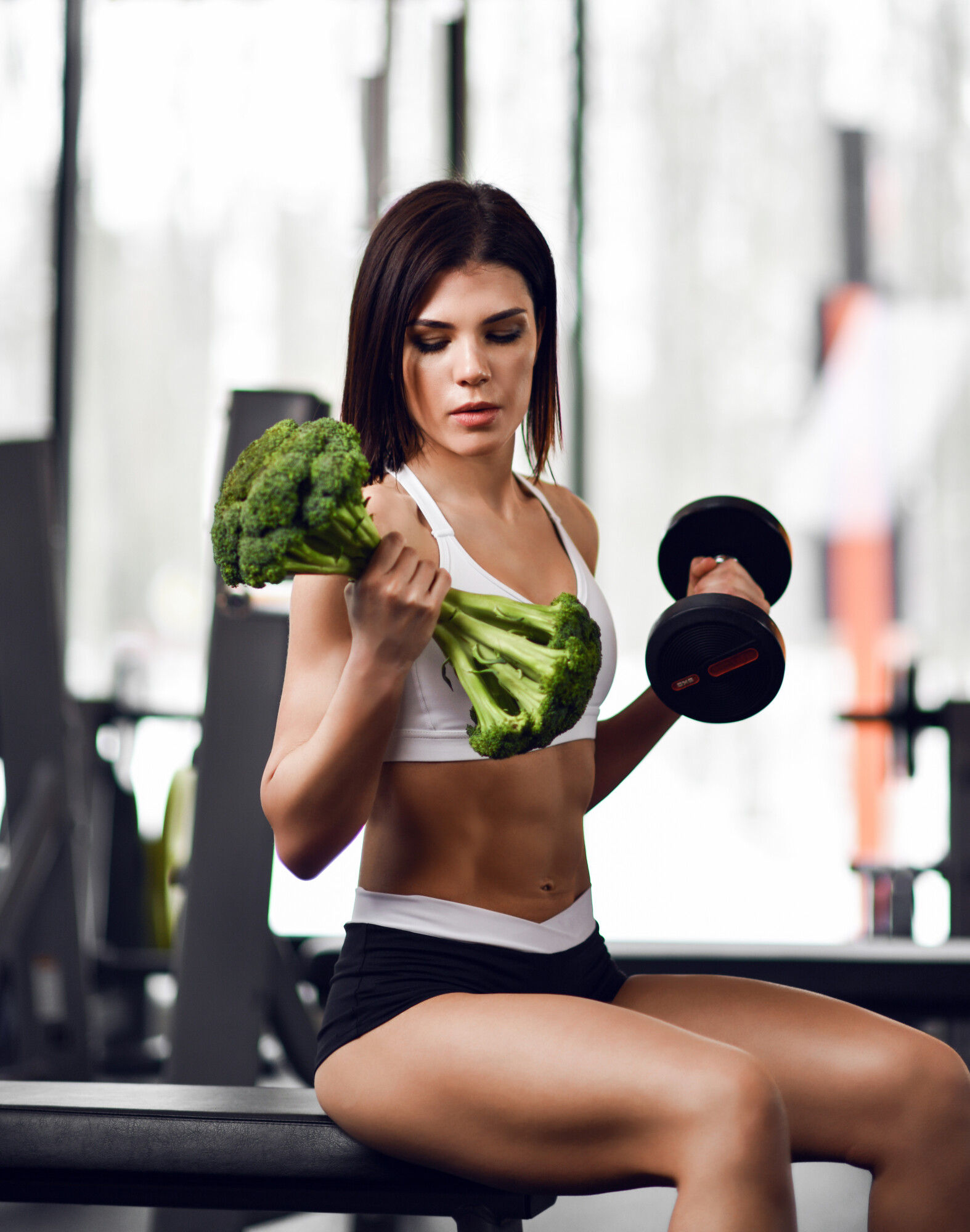
If you have been reading any kind of fitness magazine or website, you will probably have been told that you need to "eat more protein".
In Australia (1) and the USA (2), the average person eats about 15% of their calories from protein.
But do we really need that much protein?
Before we answer that question, let's look at what protein is, and how the body uses it first.
Proteins are the building blocks of ALL of our cells, from our fingernails to our brain to our heart and the blood it pumps around.
Basically, if we ate NO protein at all (actually this is almost IMPOSSIBLE because most things have SOME protein in them - even lettuce), then eventually our bodies would break down the protein inside our body so it could make new proteins, until eventually we die.
This is what happens in severe starvation conditions.
We are breaking down and building new proteins every millisecond we are alive.
Every time we eat, we slough off cells in our intestines as we digest our food, so new cells are made with proteins.
When we workout we make little miniscule tears in our muscle fibres that need to be repaired - with proteins.
As we grow, our arms and legs and brains expand and the stuff that does the growing is...you guessed it - proteins.
So we need to eat protein EVERY SINGLE DAY.
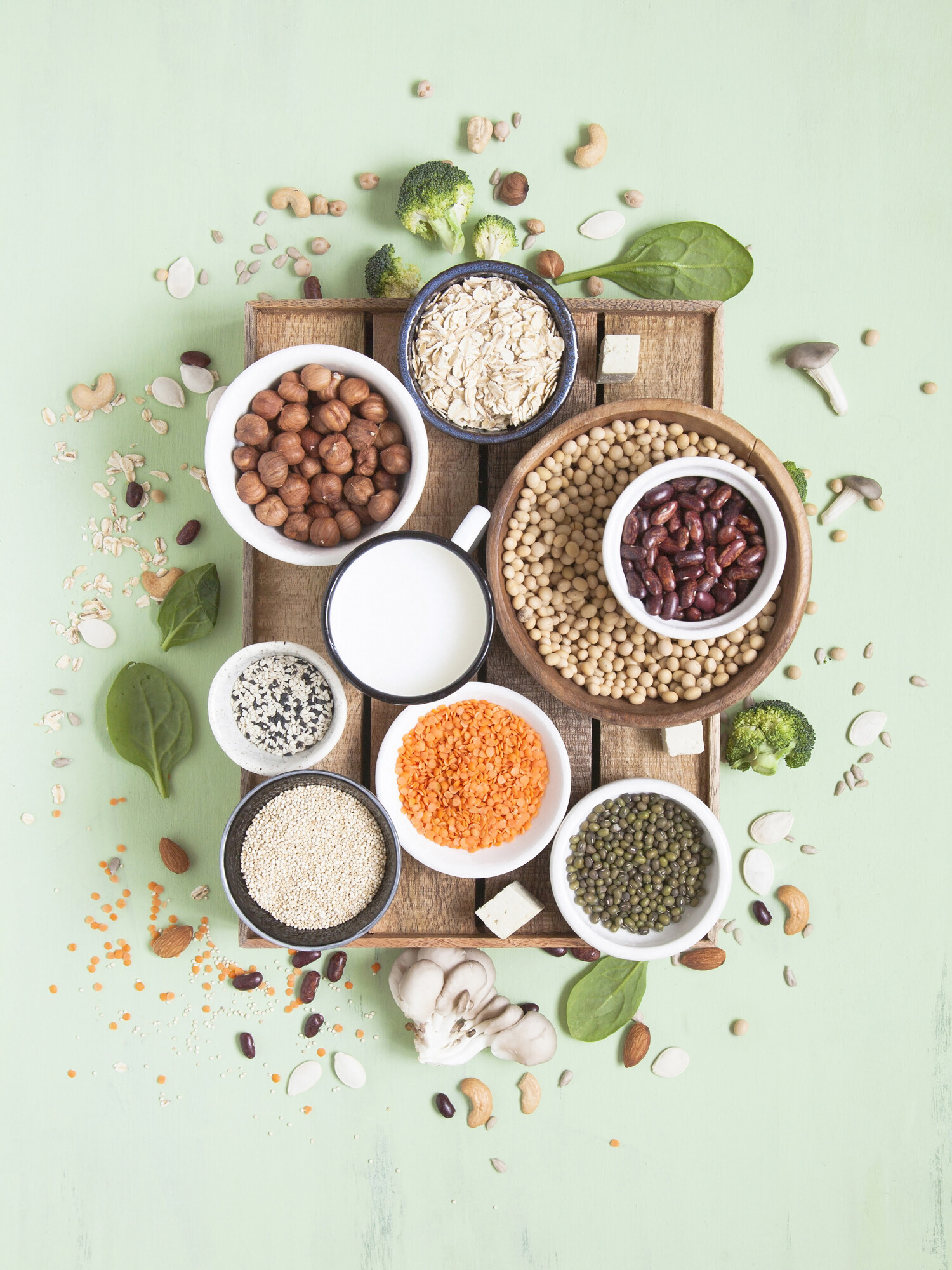
Animal or Vegetable?
There are two types of dietary protein: animal based and plant based. Animal based protein is present in meat, fish, eggs and dairy.
Plant proteins are present in whole grains, legumes (beans/lentils), nuts, tofu and seeds. Even fruit and vegetables have a tiny bit of protein (but not much so we usually don’t count them as a protein source).
Animal protein is complete. That means it has all 21 amino acids (the building blocks) needed to make every cell in your body.
One of the issues with animal protein, (apart from the obvious fact that you need to kill animals to get it), is that it contains saturated fat.
Saturated fat can increase your risk of atherosclerosis, and cardiovascular disease such as heart disease, stroke and Alzheimers.
Animal proteins also may contain antibiotics, hormones and pesticides.
When an animal lives under stress, it's meat contains stress hormones.
When an animal is medicated, it's meat contains medications.
When an animal eats genetically modified feed containing toxic pesticides, so does it's meat. There are many other reasons to avoid animal protein, and I shall address those in a future article.
Most plant protein is incomplete. That means that some plant sources have some of the 21 amino acids and some have others.
But across the board, plants have all 21 amino acids - just not at the same time. (Except for TOFU which has them all).
This means, that to get all your essential nutrients, if you subsist on a plant based diet, you will need to combine your proteins.
Not necessarily in the same meal (although that is a pretty good idea), but as part of your general eating habits.
Don’t stress on this as it’s pretty simple.
Beans and legumes are missing one or two essential amino acids and grains are missing another different one, so just eat some grains and some legumes and you are sorted.
Easy peasy.
What about Protein Powder? 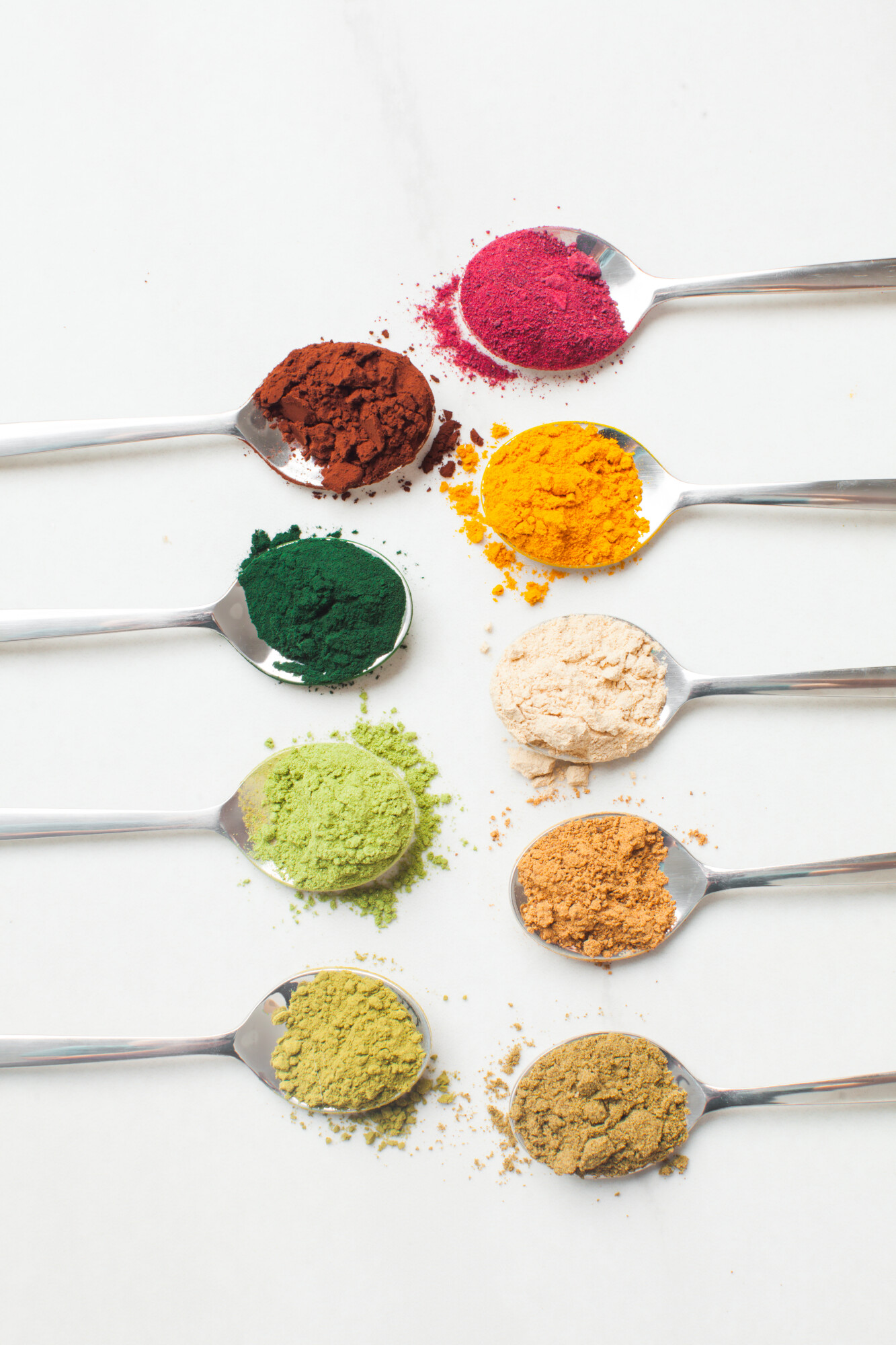

Protein powder is basically dehydrated and powdered food, whether it is Brown Rice, Hemp or Pea. It exists because it is convenient.
People sometimes find it easier to swig a drink after a workout than to go home and make a meal.
If you are getting all the nutrients you need from your diet, there is no need for protein powder. Real food tastes better too.
Can you have too much protein?
Absolutely. The human body can only metabolism a certain amount of protein per meal. If you eat more than your body needs, the extra protein gets processed through the liver and is excreted in your urine, putting stress on both your liver and your kidneys.
Plus, a high protein diet based on animal protein has been linked to both osteoporosis and colon cancer (3). Conversely, a diet based on plant proteins has been found to be both cardio protective and cancer protective.
How do I know if I am getting enough protein?
How do I know if I am getting enough protein?
Despite some people wondering "where do vegans get their protein?", this macronutrient is abundant in most foods. Great sources of plant based protein include beans and legumes such as lentils and chick peas; tofu and tempeh; whole grains such as oats and quinoa; and even fruits and vegetables.
Broccoli, for instance, has just as much protein as steak - calorie for calorie!
All you need to do is eat a wide variety of plant based foods and you are set.
How simple is that? The possibilities are endless.
Mix and match for millions of yummy protein combinations.
If you would like help with your nutrition, please reach out to me. I'm here to help.
Join my Facebook Group, the Fabulous Health Community for more plant-based goodness and to connect with people on the journey to Fabulous Health.
Are you ready for change? Check out my new webinar The No.1 Secret to Permanent Weight Loss.
REFERENCES:
- Australian Bureau of Statistics. Cat. no. 4364.0.55.007, retrieved July 19th 2021, from http://abs.gov.au.
- Centers for Disease Control and Prevention, Fast Stats, retrieved July 19th 2021 from https://www.cdc.gov/nchs/fastats/diet.htm
- The High Protein Myth, retrieved July 19th 2021 from https://www.pcrm.org/good-nutrition/nutrition-information/protein
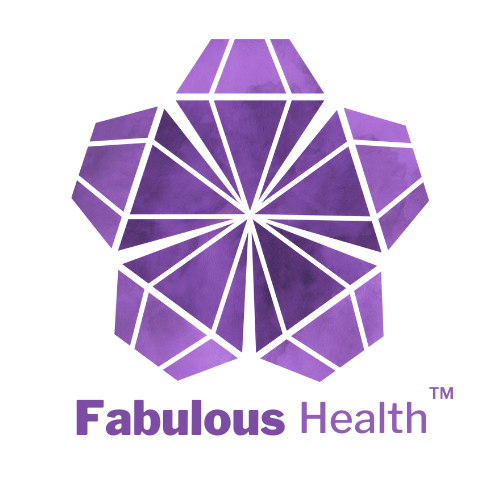

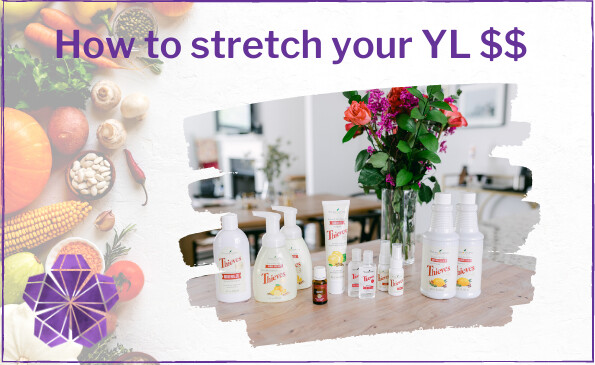
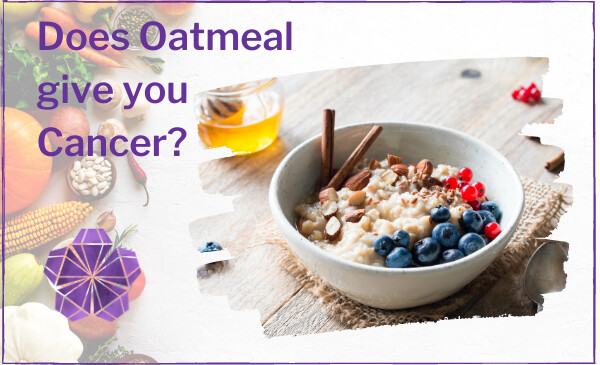
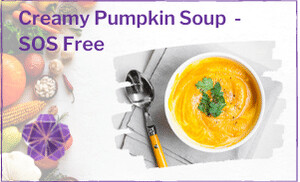
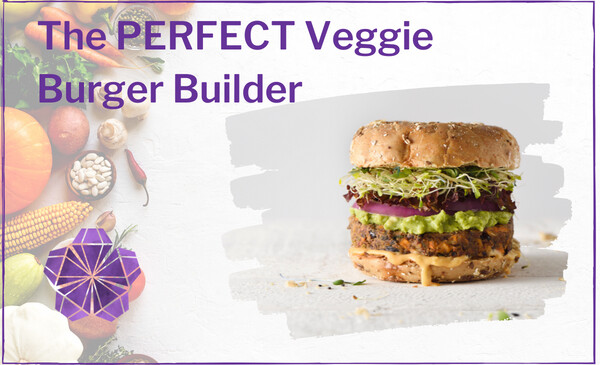
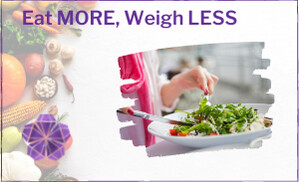
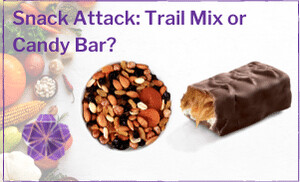
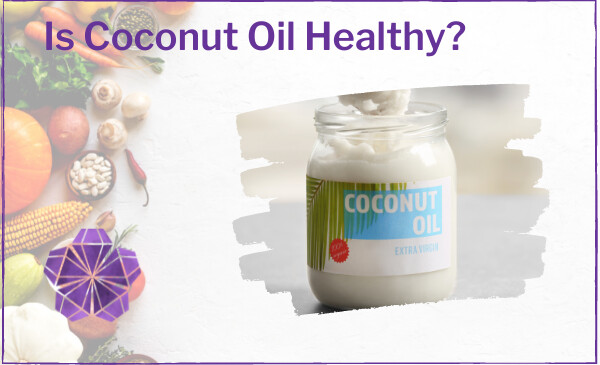
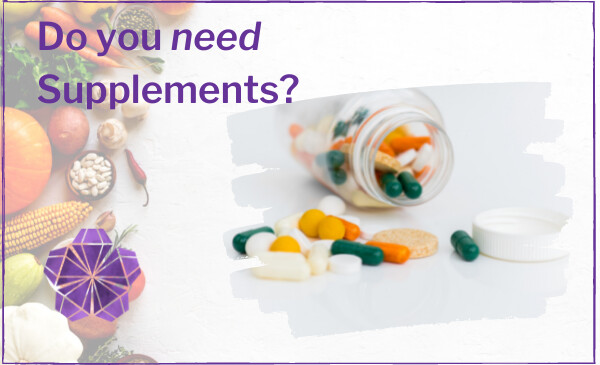
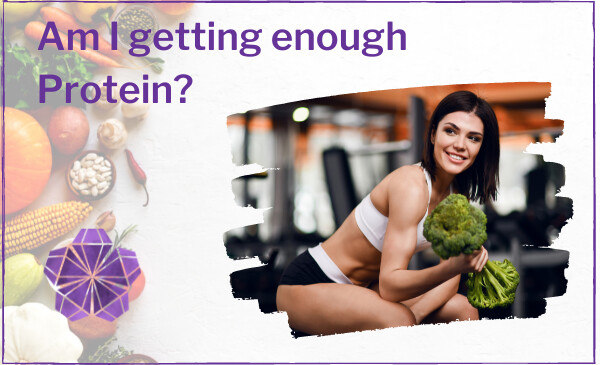
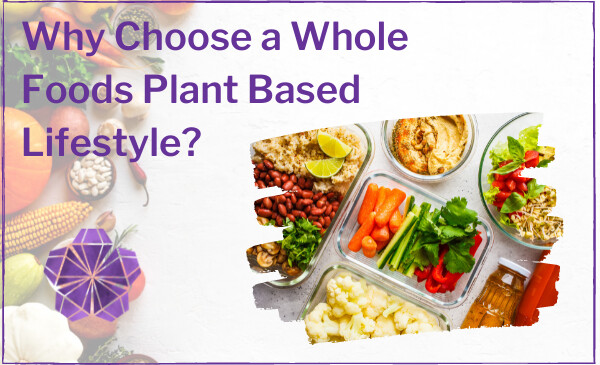
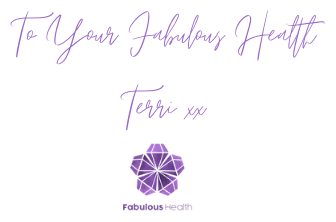




0 Comments